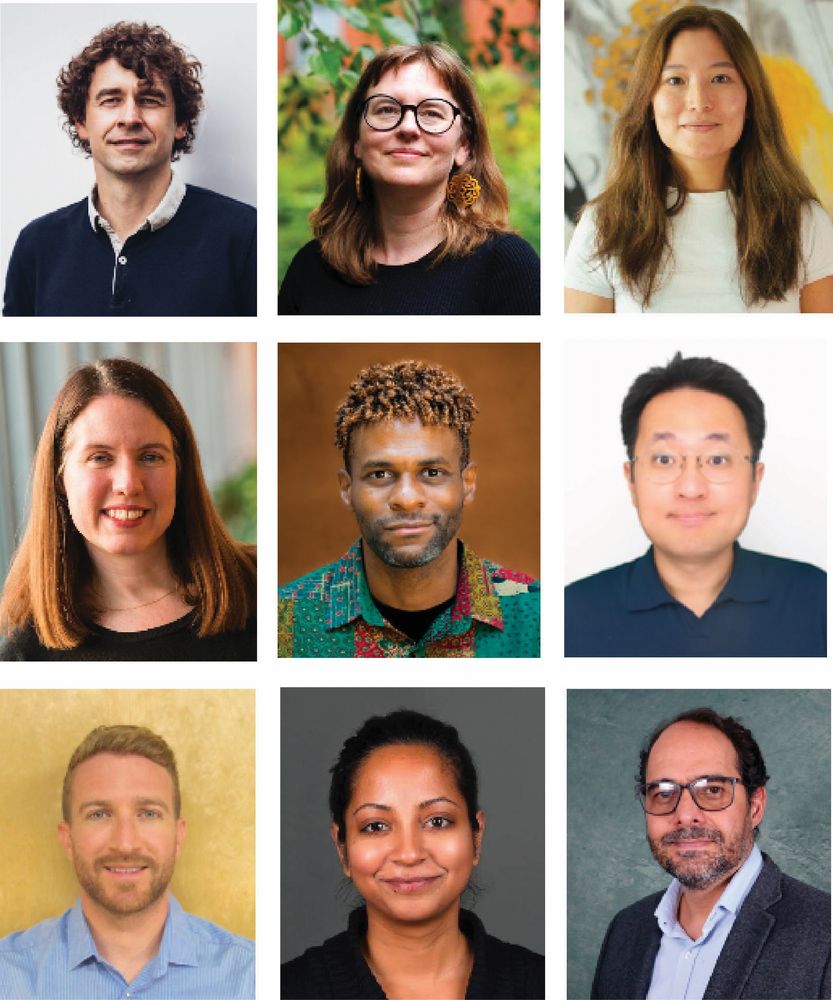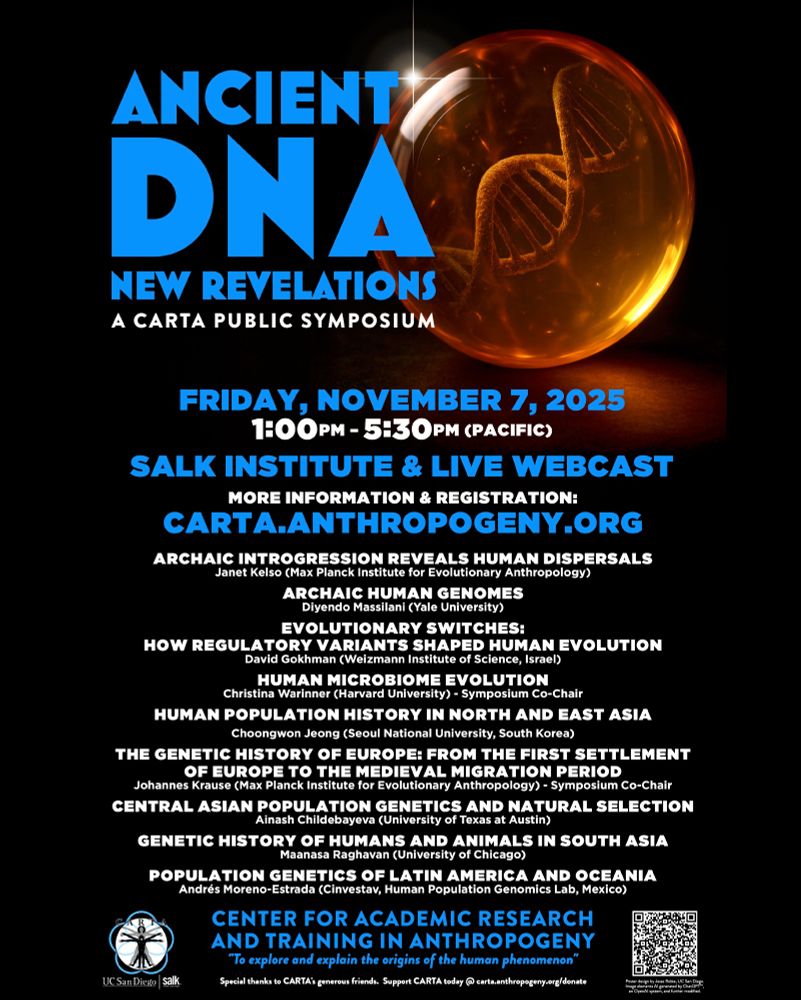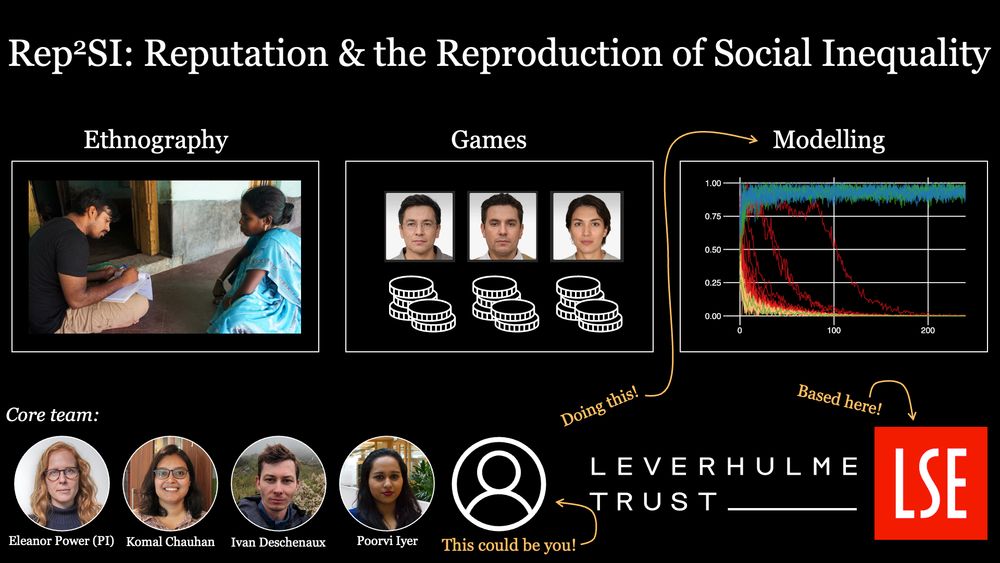Catalina I. Fernández, PhD
@catferna.bsky.social
67 followers
130 following
2 posts
Assistant Professor in Anthropology at Florida Atlantic University. I study food, nutrition, and health from a biocultural and evolutionary perspective. | she/her
Posts
Media
Videos
Starter Packs
Reposted by Catalina I. Fernández, PhD
Reposted by Catalina I. Fernández, PhD
Reposted by Catalina I. Fernández, PhD
Reposted by Catalina I. Fernández, PhD
Reposted by Catalina I. Fernández, PhD
Reposted by Catalina I. Fernández, PhD
Reposted by Catalina I. Fernández, PhD
Reposted by Catalina I. Fernández, PhD
Reposted by Catalina I. Fernández, PhD
Reposted by Catalina I. Fernández, PhD
Reposted by Catalina I. Fernández, PhD
Reposted by Catalina I. Fernández, PhD
Reposted by Catalina I. Fernández, PhD
Reposted by Catalina I. Fernández, PhD
Reposted by Catalina I. Fernández, PhD
Reposted by Catalina I. Fernández, PhD
Reposted by Catalina I. Fernández, PhD
Kate Clancy
@kateclancy.bsky.social
· Apr 4
Reposted by Catalina I. Fernández, PhD
Reposted by Catalina I. Fernández, PhD
























